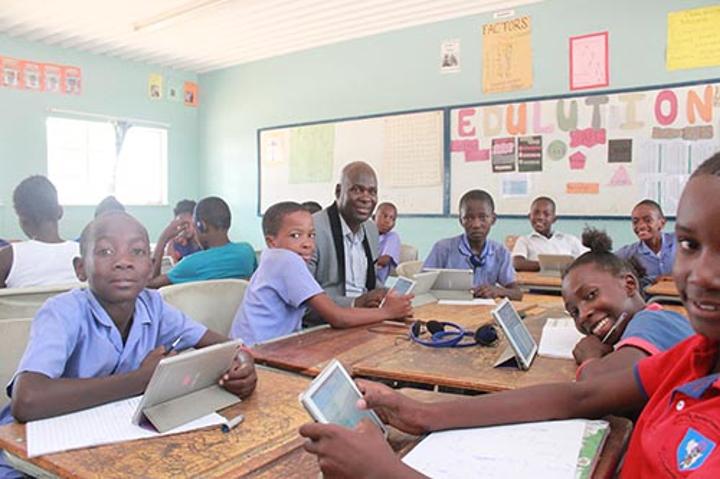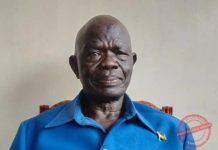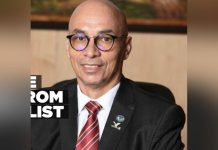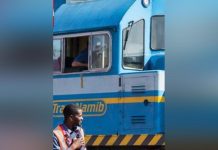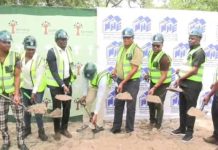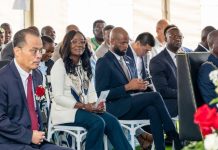Africa-Press – Namibia. Albertina Nakale
Based on regional findings on digital learning and transformation, the lack of electricity and connectivity devices remains a challenge in most of Namibia’s rural schools.
This was revealed by the director of adult education Mzingisi Gqwede during the four-day national conference on education, which started yesterday. The conference will build on the regional and national consultative processes, held in May and June 2022.
It will also foster retrospection of the commitments made in the 2011 national conference on education as well as assess targets achieved and those that remained unattained. The Communications Regulatory Authority (CRAN) recently announced about 1 400 out of 1 800 schools, translating to 78% in the country, are without information and communication technology infrastructure. CRAN CEO Emilia Nghikembua said the organisation commissioned a geographic information system analysis to identify gaps in connectivity for the provision of telecommunications services in the country. The gap analysis also found that while population coverage stands at 89% for 3G and 79% for 4G, areas such as Kunene, Kavango East and Kavango West have coverage below 50%.Vice president Nangolo Mbumba, delivering a speech on behalf of President Hage Geingob, said the conference on education is yet another opportunity to deliberate on the status of education in Namibia, reflect on the impact that Covid-19 had on education, and identify key levers of change to transform our education system in the short, medium and long term.
He reminded delegates that financial accountability and management should be reinforced at all levels of the education sector to ensure efficient utilisation of these resources.
Geingob said government aims to have an education system that is solution-based, relevant and able to address the challenges faced in the modern world. Surprisingly, regions indicated a lack of supervision of universal primary and secondary education, which they say raises accountability issues. These findings form part of the plenary session on critical issues generated from the regional stakeholder consultations at the 2022 national conference.
Gqwede said a key access challenge stems from practices in some schools, where many youths are not being allowed to use computers – even when they have them – due to a lack of power.
There are over 25 000 adult learners countrywide. According to him, when Covid-19 struck, they were not able to continue teaching and learning with adult education.
We could do teaching in urban areas but not in rural areas due to issues of power. “Due to issues of connectivity and electricity, we were not able to reach with the materials to adult learners to continue learning during Covid. We were totally left out since 2020. We had to carry out a rationalised curriculum to, say, teach only 70% and then let them write exams. This affects what you do the next year. We still need to catch up on the 30% we didn’t do because they cannot continue without completing the curriculum.”
He said due to so many stumbling blocks due to Covid-19, many adult learners drop out without completing their classes, adding they never return when they drop out.
“We never find out why they drop out. ICT has played the biggest role in this. There is a need to provide solar gadgets so they study through social media platforms, such as WhatsApp, just like other learners in town. We need these gadgets most in adult education,” he charged.
The regions proposed all schools should have electricity, using solar and wind.
They suggest ICT should be added as a key competency in teachers’ education programmes.
Provision of school budgets for ICTs and computer labs as well as continuous monitoring of the use of such funds was another proposal by the regions.
For More News And Analysis About Namibia Follow Africa-Press

